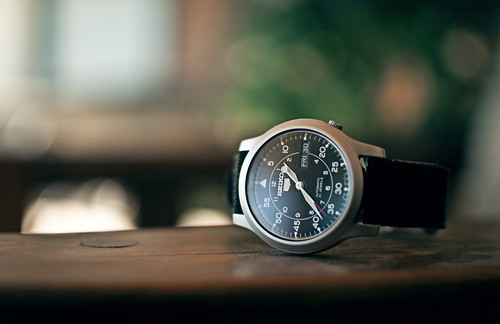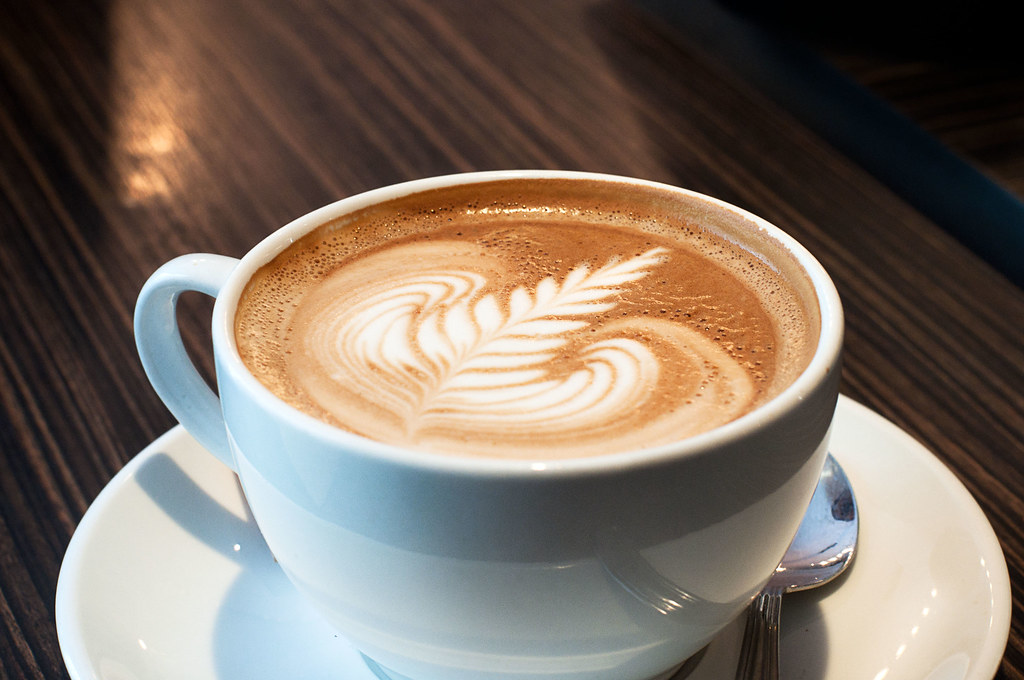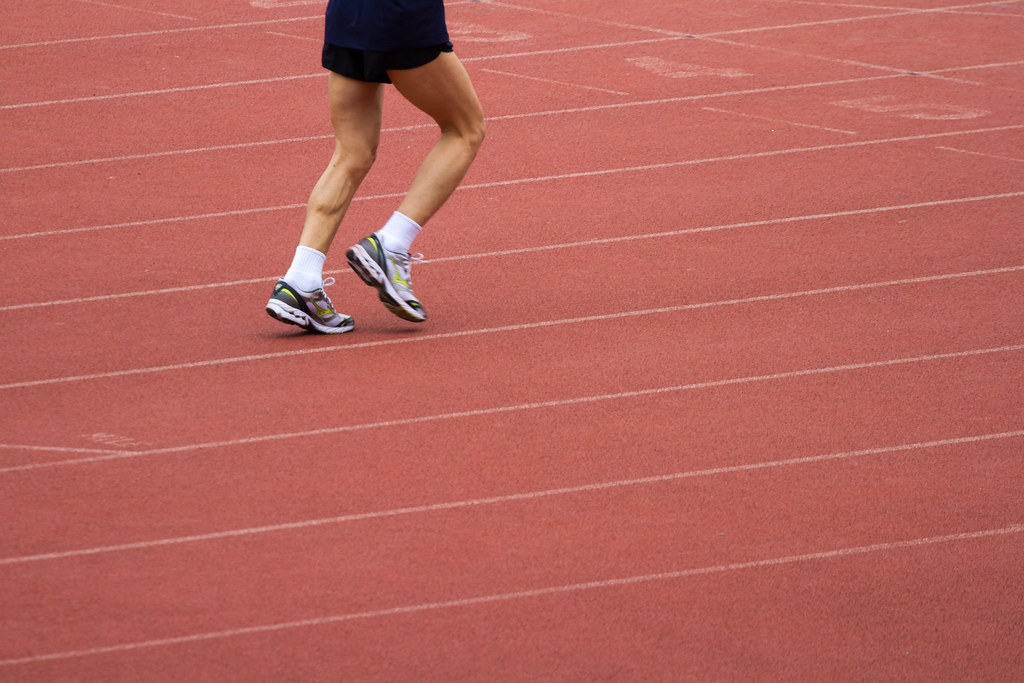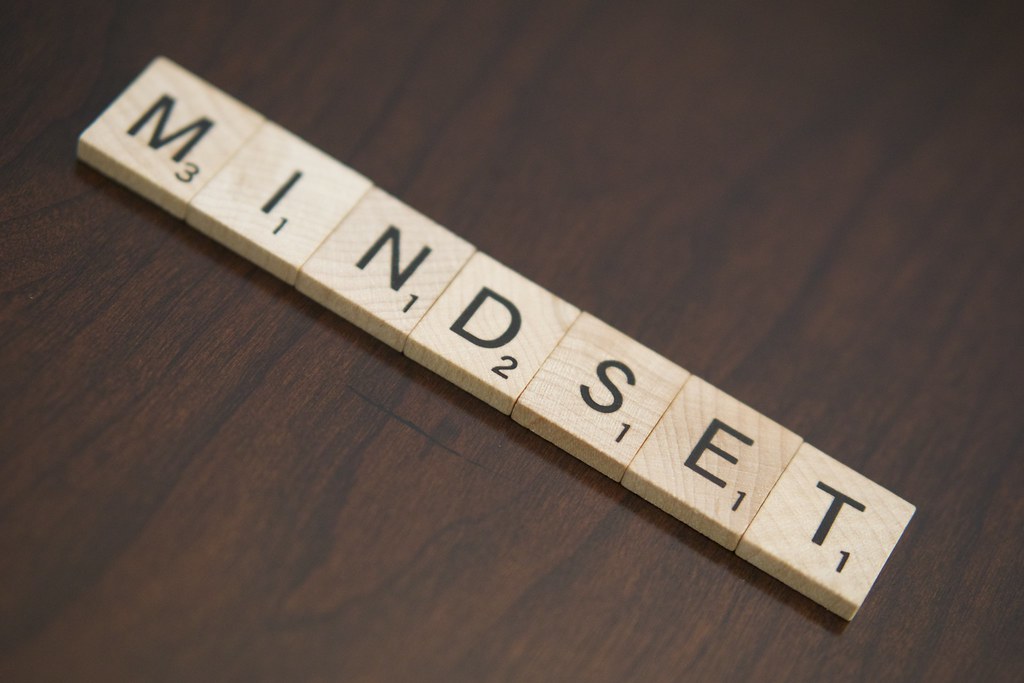Singapore — How do you like mornings? Do phrases like “Up and at ’em!” or “Seize the day!” and perky, cheerful attitudes in the morning annoy you? Are you a self-professed night owl secretly wishing to become an early bird but finding the task monumentally difficult? You’re not alone, and it can be done, with tips and tricks we have outlined below.
Mornings—love ’em or hate ’em?
Most of us can vaguely place ourselves in either the “night owl” or “early bird” category, and let’s face it—most night owls envy early birds for their ability to sleep and wake up at decent hours (read: early!) with ease and peace. Night owls report feeling “more alive” at night and claim that it takes a much longer time for them to “become fully awake” in the morning.
We call that a chronotype—a natural inclination with regard to the times of day when we prefer to sleep or when we are most alert or energetic.
Clinical psychologist Michael Breus, a fellow of the American Academy of Sleep Medicine, notes that chronotypes are “genetic”, and not things you choose. However, Breus says that it is absolutely possible to make changes to one’s waking and sleeping lifestyle, with the help of disciplined choices and strict routines.
And why wouldn’t you want to become more of an early bird? A recent study in Finland found that night owls may be “twice as likely as early risers to underperform” at work during regular 9 to 5 hours. Not good for the health, not good for the wallet, and ultimately, not good for happiness.
Make changes slowly but surely

Don’t attempt massive changes, like going “cold turkey” and forcing yourself to get up at the crack of dawn when your normal bedtime is around 2 am. Your body needs a certain number of hours to recharge while you sleep (most medical sources suggest that people need anywhere from seven to nine hours of sleep per night), so drastically cutting down on rest is a bad idea.
Instead, start adjusting your times slowly but surely. Aim to make your bedtime earlier by 15 minutes or half an hour, and do so accordingly with your wake-up time. Work your way back in doable increments until you reach your goal and your body adjusts to the earlier sleep and wake times.
Ditch the boozy nightcap before bed

Say “see you later” to caffeine after 3 pm

Coffee is the best, we agree. It’s delicious at any time of the day, but after 3 pm, experts say that it’ll meddle with your sleep later on that night. Caffeine can take up to six hours to leave the body (give or take, depending on different metabolisms), so if an early night is the goal, clinical psychologist and sleep specialist Janet Kennedy advises to limit coffee, caffeinated tea and soda to the early part of the day.
“Even if you do not feel the effects of caffeine, it will diminish sleep quality,” she said. Feeling sluggish or tired in the afternoon? Kennedy recommends going for a walk, downing a glass of cold water or devoting a few minutes to stretching or yoga.
Create a healthy and enjoyable morning routine

Getting up in the morning may feel like a mammoth task, but designing a morning routine that you actually look forward to can help you conquer morning dread and make the waking up process easier. As a kid, waking up was never so easy and exciting as when there was something fun planned for the day, such as a trip to an amusement park or a play hang with friends.
“A healthy, low-stress, [and] focused morning routine sets the tone for the whole day,” clinical psychologist Ryan Howes, Ph D, told SELF. When creating your morning routine, make sure to include something healthy (like a bit of yoga or exercise) and an activity you enjoy, such as reading, journaling, watching the sunrise, baking or going for a nature walk.
Exercise during the day

Exercise is known to increase the duration and quality of a person’s sleep. It does this by boosting serotonin (the happy hormone) production in the brain and decreasing cortisol (the stress hormone) levels.
Charlene Gamaldo, medical director of Johns Hopkins Center for Sleep at Howard County General Hospital, noted that we have “solid evidence that exercise does, in fact, help you fall asleep more quickly and improves sleep quality”. A vigorous exercise session during the day can definitely help you sleep faster and more deeply, and we know that it’s got other great benefits, too.
Get into the mindset


